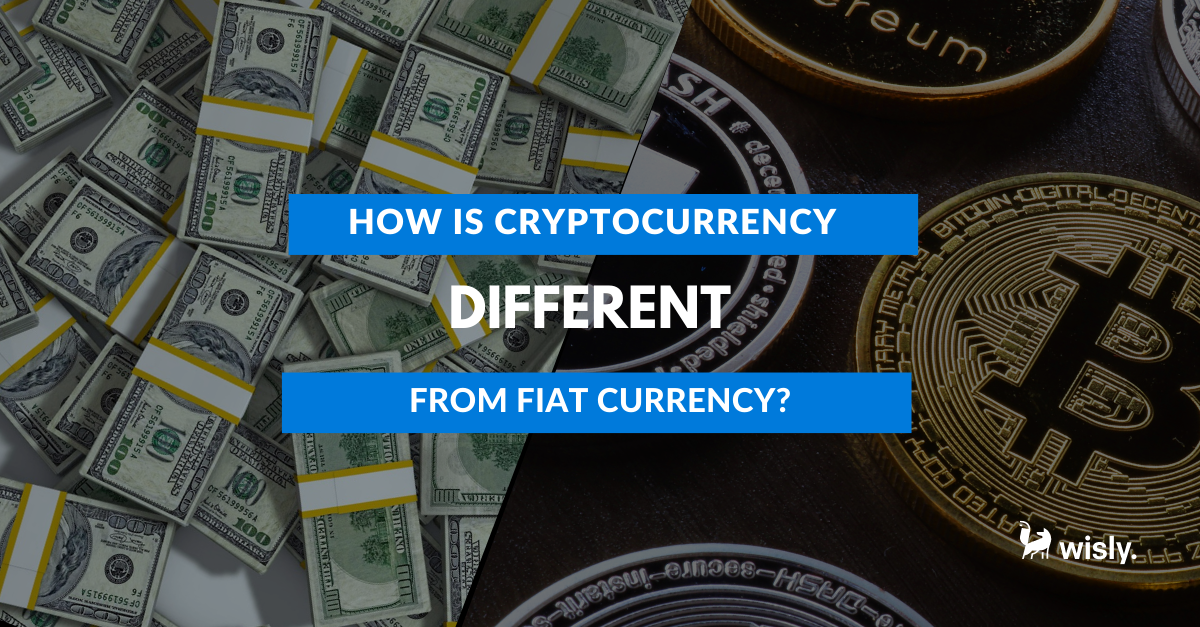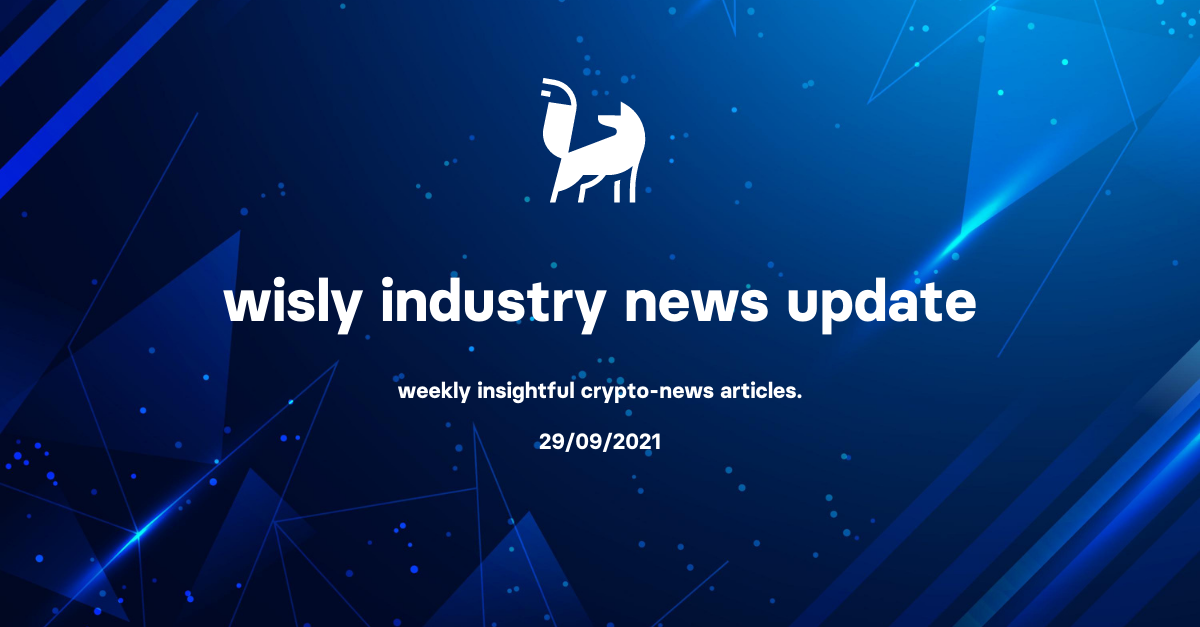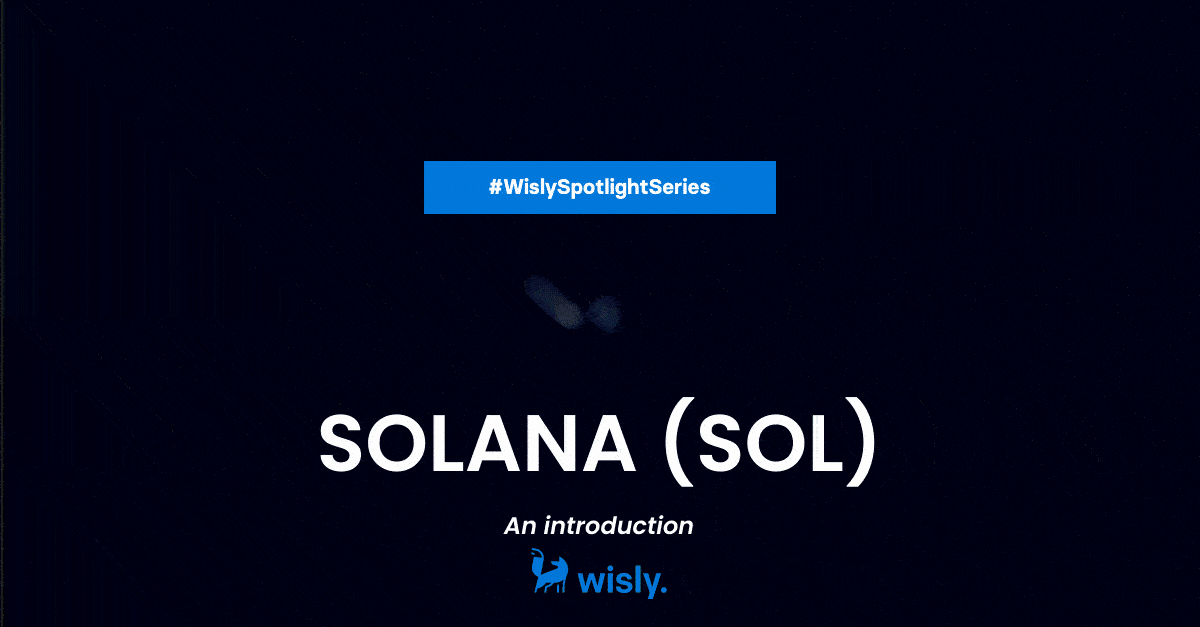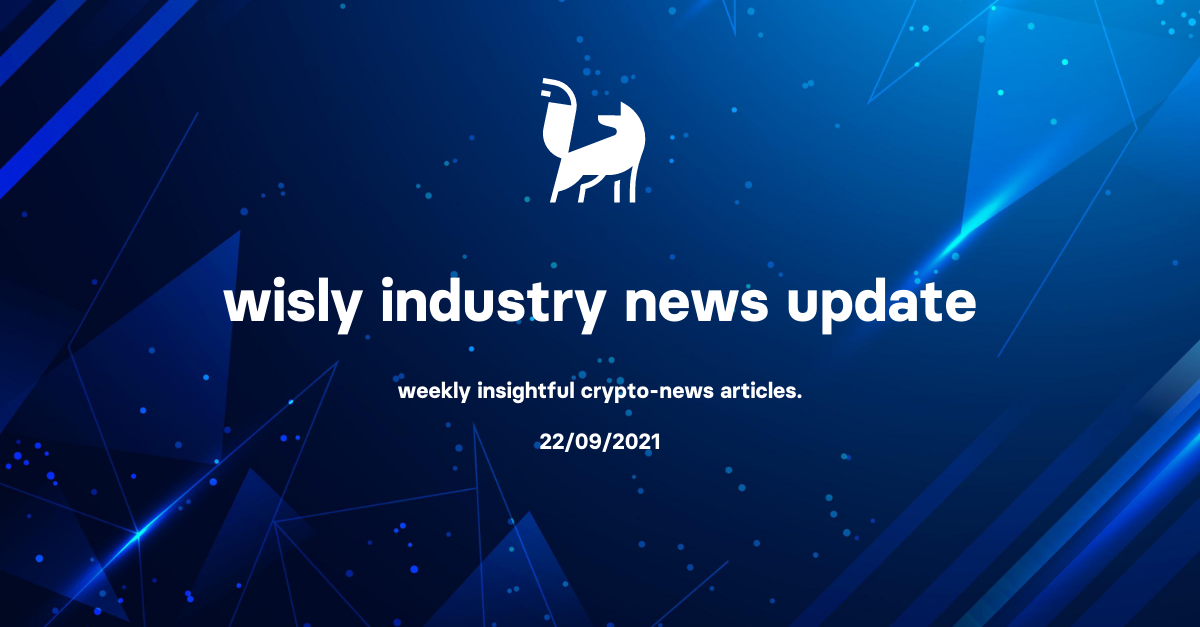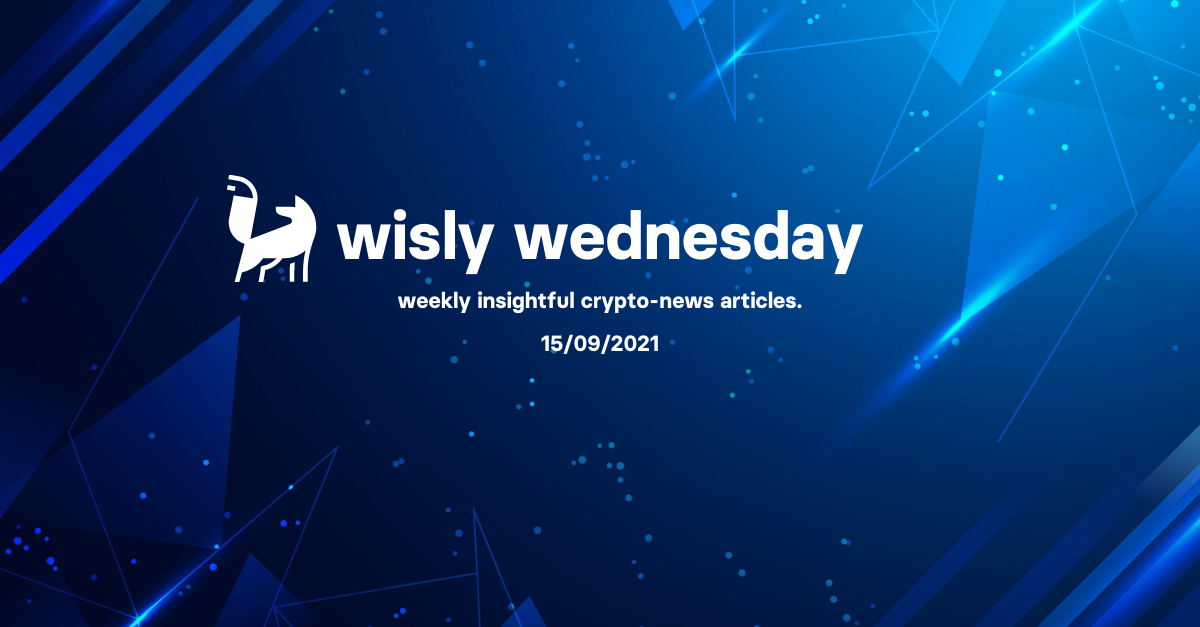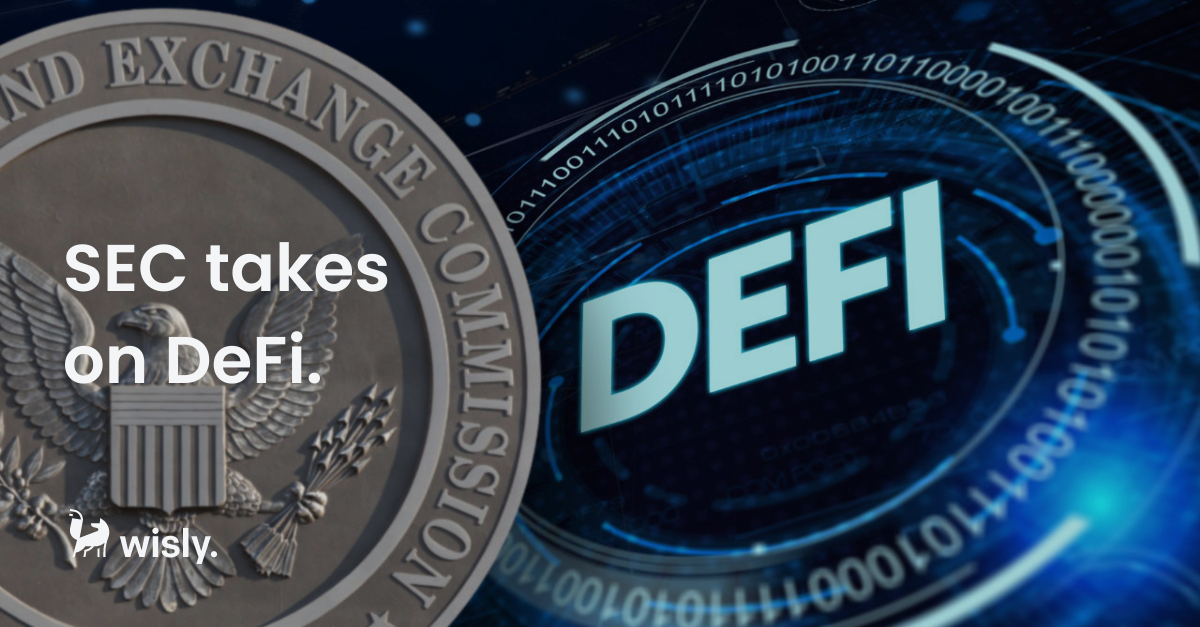Wisly Spotlight Series: Polkadot
As we head into November, we continue with the next edition of Wisly’s Spotlight Series where we explore one of the most electrifying altcoins on the market – Polkadot. With such fantastic growth and incredible potential to improve, it’s clear why so many investors are choosing Polkadot to diversify their investment portfolios. Read on as we discover what makes Polkadot so attractive.
What is Polkadot?

Polkadot is an open-source sharding multi-chain platform that allows interoperability amongst many different blockchains. This is possible through the innovative use of cross-chain transfers of data or asset types. The aim of this interoperability is to create an entirely decentralised and private web where its users have complete control. Moreover, it aims to simplify the development of new applications, services and institutions.
Its native token is DOT and is considered a large-cap cryptocurrency with a market cap of more than $43 billion. It has a circulating supply of over 987 million DOT and a unit price of $44 flush at the time of writing. Polkadot was founded by the Web3 Foundation in Switzerland by Dr Gavin Wood, Robert Habermeier and Peter Czaban.
Polkadot has the ability to process multiple transactions across many different chains in parallel – thus improving its scalability. Its network is extremely flexible and highly adaptable and allows for information to be easily shared amongst users. Polkadot can be automatically upgraded without using a fork to remove bugs or implement new features. It operates on a nominated proof-of-stake mechanism for enhanced security.
Upcoming Polkadot projects

The exciting thing about Polkadot is that there is continuous development on the network, with some fantastic projects underway.
STP Network (STPT)
With this project, the STP network introduces support for cross-chain asset tokenisation as well as new financial products across multiple blockchains – all without high bridging fees and substantial over collateralisation.
Shadows (DOWS)
Shadows acts as a financial hub that enables users to trade, lend and borrow derivative assets. Its native token – DOWS – serves as a rewards and utility asset, thus opening a plethora of opportunities.
Ternoa (CAPS)
Polkadot’s innovative technology powers Ternoa – an NFT –based decentralised data transmission blockchain that offers decentralised storage and extended owner privileges for NFTs, amongst others.
Celer Network (CELR)
Celer is a layer-2 scaling platform application that is looking at maximising opportunities on Polkadot and other blockchains. Its developers continue to set the standard when it comes to Celer’s layer-2 scaling and development.
Upcoming Parachain launch

The Polkadot ecosystem is buzzing as the 12th auction on Kusama commences this Saturday, 23 October 2021. Polkadot will certainly have a massive part to play in proceedings with its parachains. These parachains are advanced next-gen blockchains that form a diverse ecosystem of independent platforms that aim to improve the limitations of legacy networks.
With parachain auctions, Polkadot leases a slot on the relay chain for up to 96 weeks at a time. These parachain slots are assigned by an on-chain auction, and the winner of the auction locks up a bond in DOT for the duration of the lease.
Of the $80 million that flowed into cryptocurrency funds in the past week, $3.6 million was dedicated to Polkadot products. Moreover, CEO Gavin Wood recently announced that $774 million would be made available for a DeFi development fund – making Polkadot a top choice amongst institutions at the event.
Final thoughts
Polkadot is a highly reputable altcoin that has enjoyed incredible growth in 2021. Considering the many exciting projects on the horizon, there is plenty of potential and amazing opportunities to explore with Polkadot – making it a very attractive option for investors.
Considering the turbulence experienced by the crypto market throughout the year, Polkadot’s resilience in navigating such choppy waters indicates that it plans to be here for the long haul. With that being said, Polkadot is certainly an eye-catching option to explore when looking to diversify your crypto portfolio.
It is important to note that investing in Polkadot is a risky and highly speculative proposition. This article does not provide recommendations, advice or guidance regarding Polkadot investments but is rather our opinion on such activities. Investors must conduct their own research and engage in the services of qualified professionals before making any financial and/or cryptocurrency investment decisions. We do, however, recommend established platforms like Wisly to monitor and analyse your Polkadot and cryptocurrency investments.






